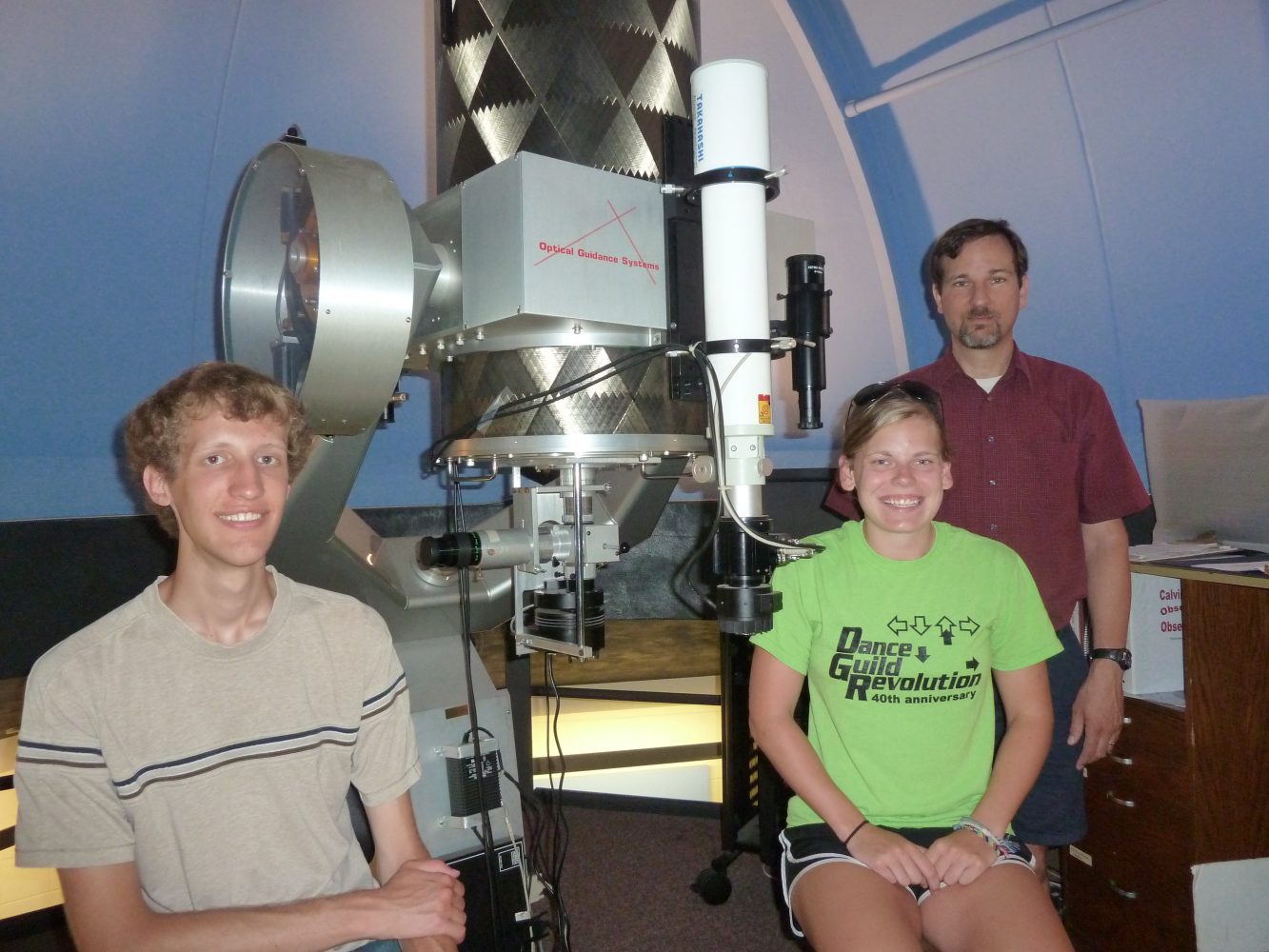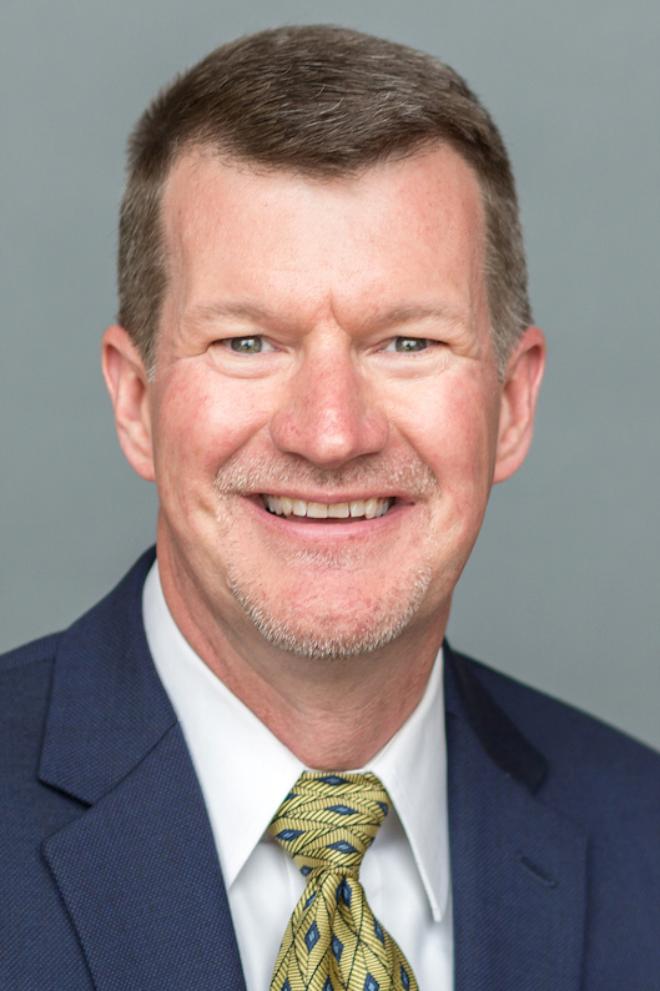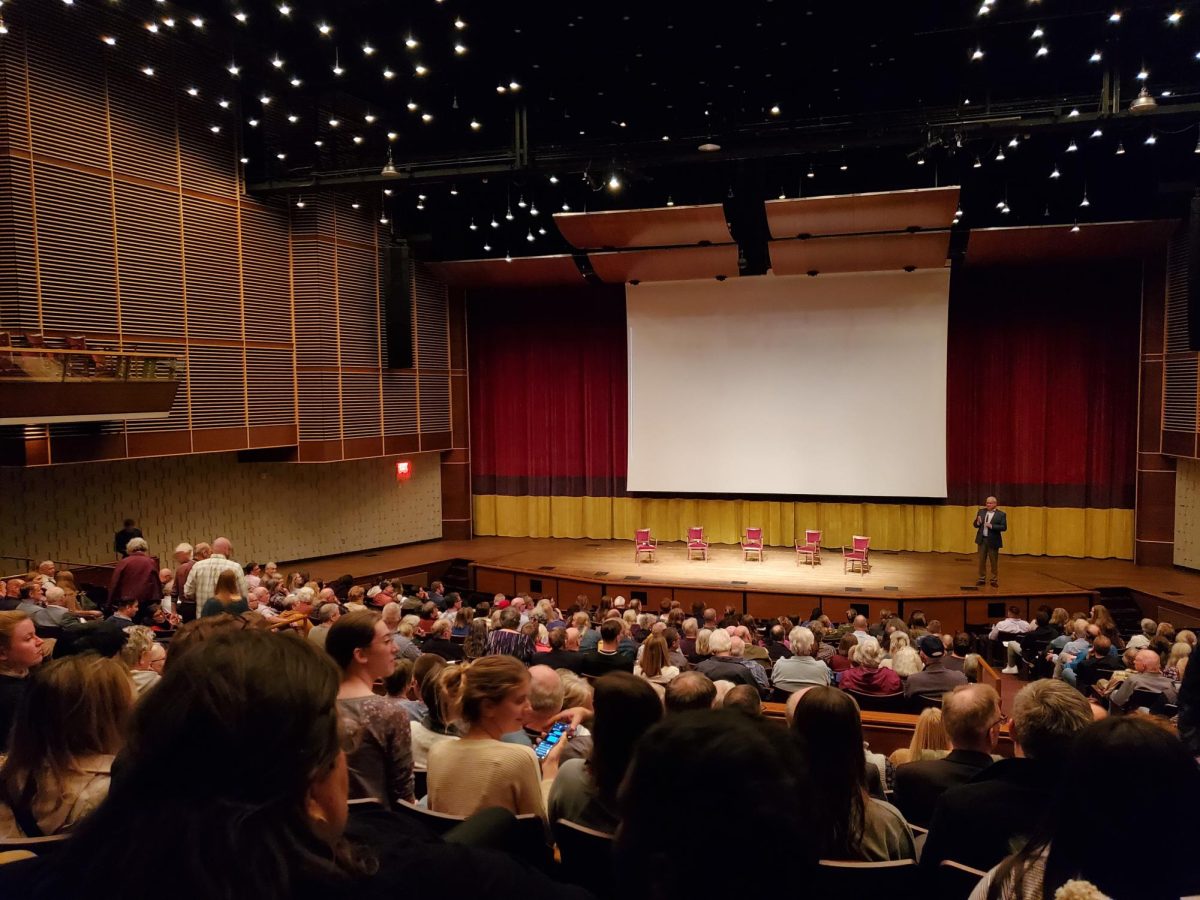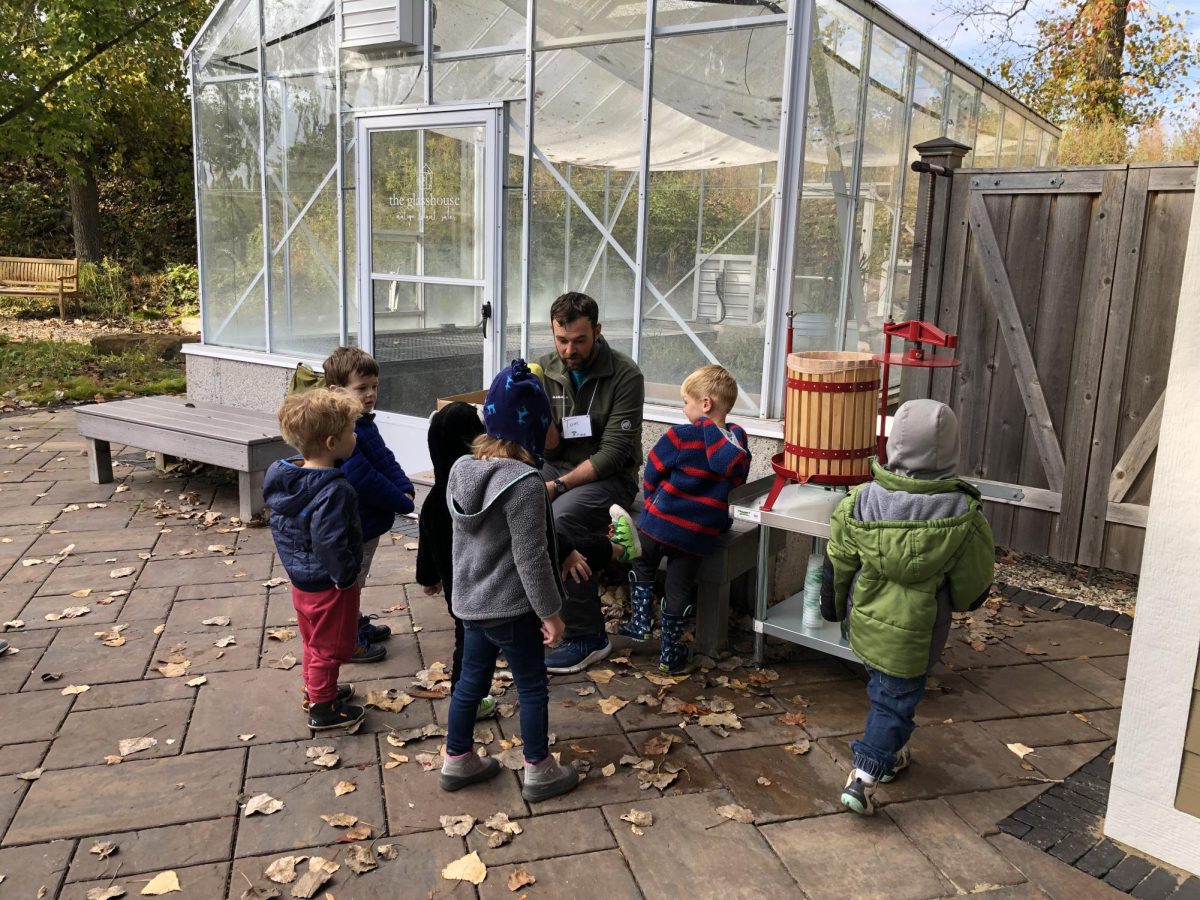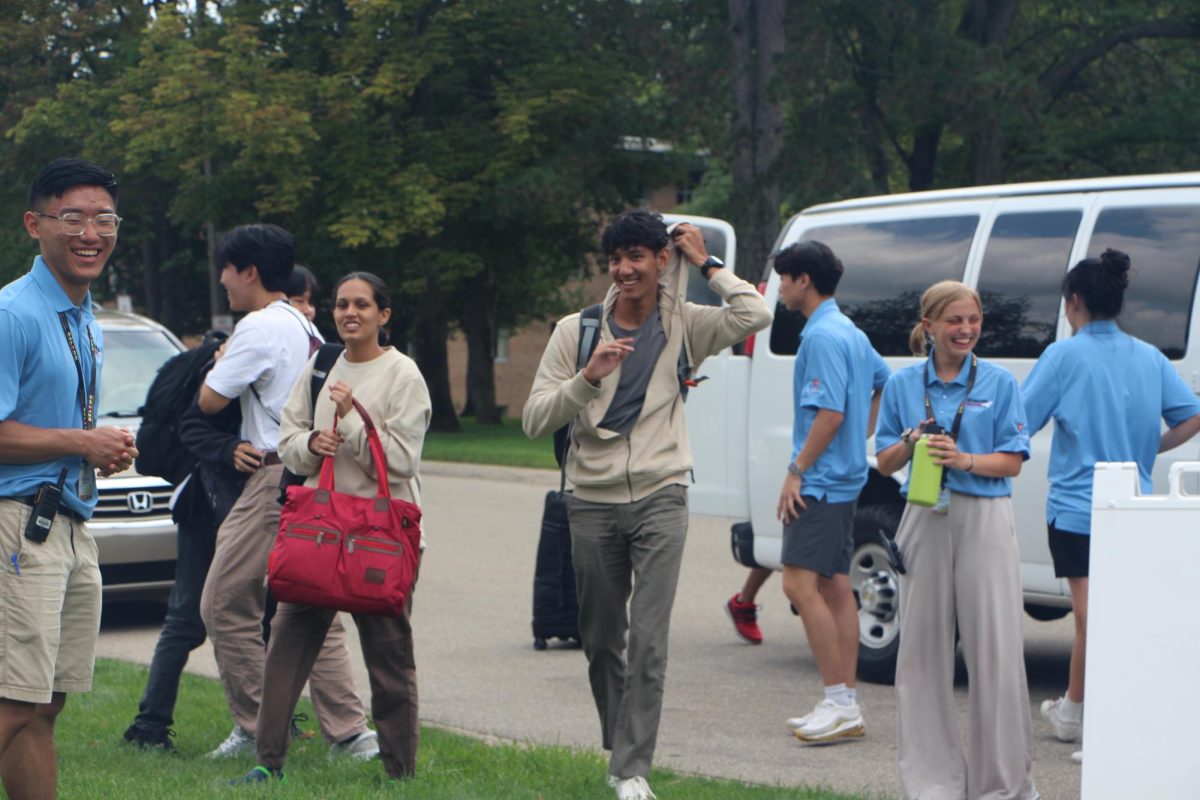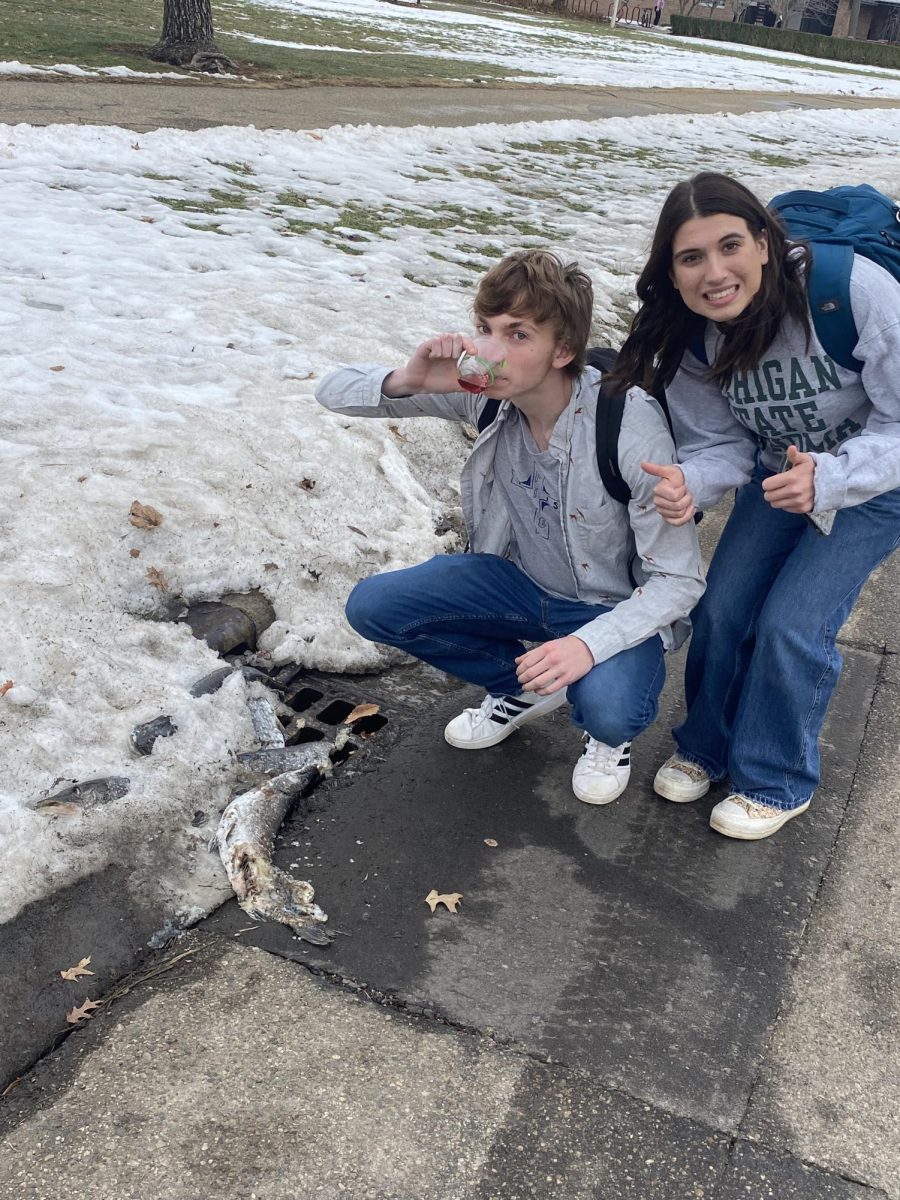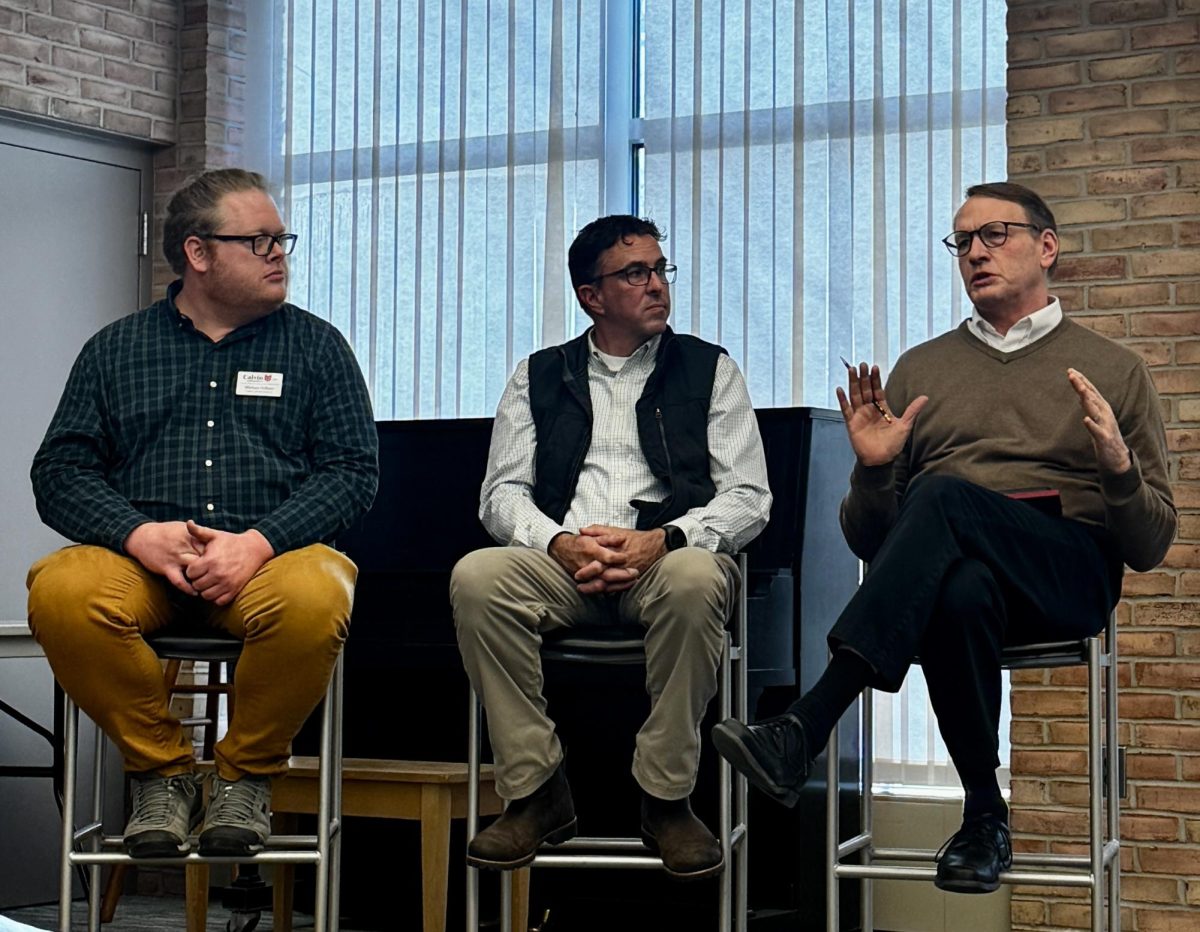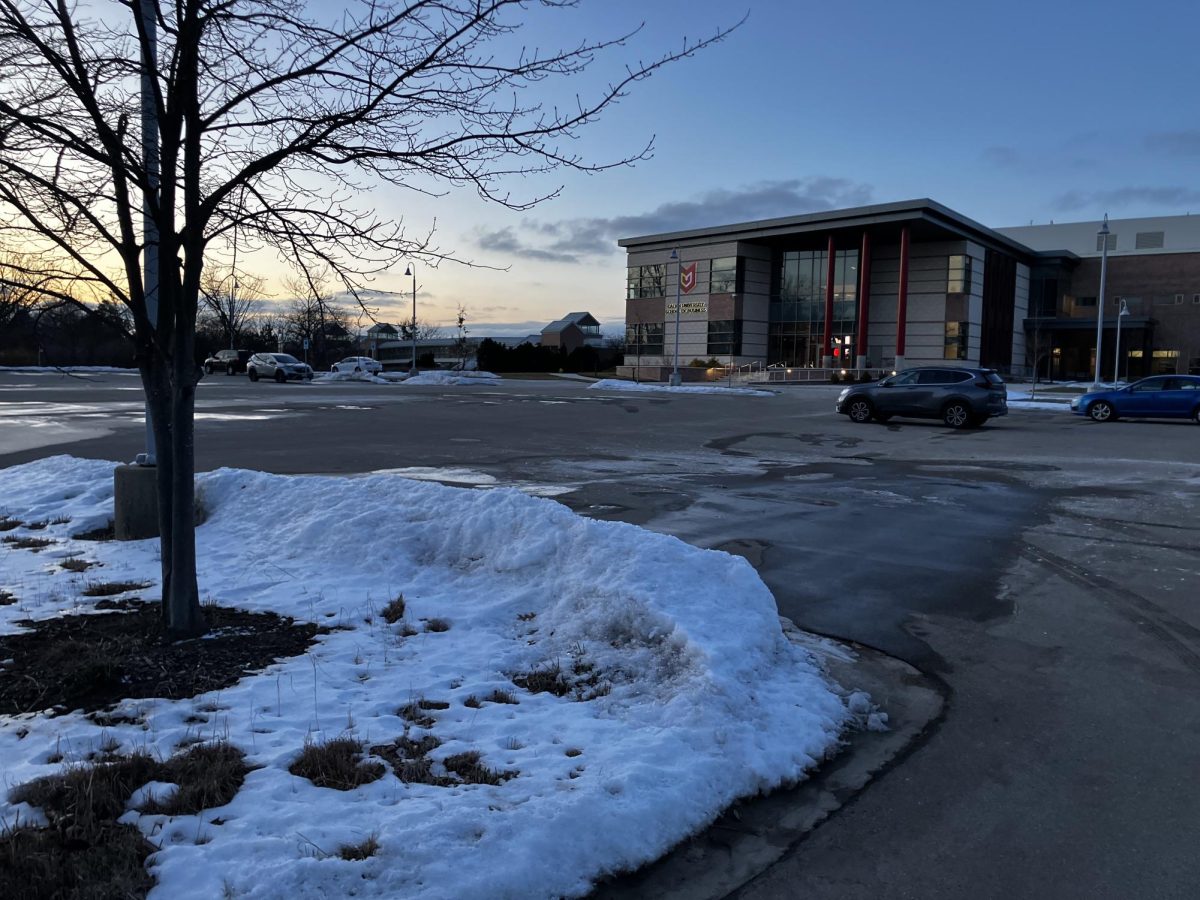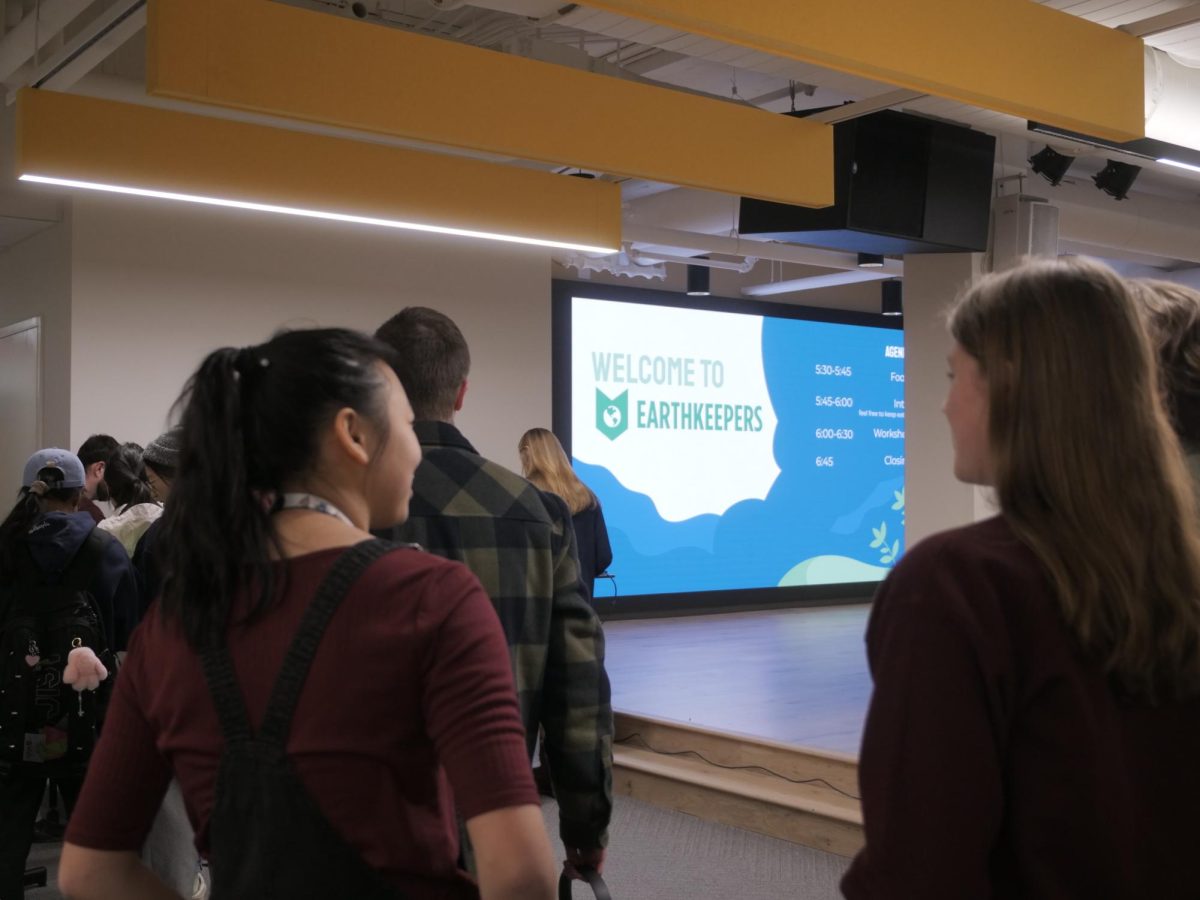Asteroid collisions may be something that most people never see or even hear about, but for junior Hannah Pagel, they are an everyday occurrence.
A physics major and astronomy minor, Pagel spent the summer studying asteroid collisions and asteroid families as part of the science research program at Calvin. An asteroid family is the group of pieces that result from an asteroid collision.
Pagel and her partner Sam Van Kooten, a student in his second year of science research, looked at the Koronis Zone asteroid family to help gain an understanding of the history of the asteroid belt.
“We focus on the Koronis Zone because it is an isolated part of the asteroid belt, and it is the least dense of the zones of the belt,” said Pagel.
Every day was different for Pagel, with a work schedule that saw constant change. Her research also involved significant use of a computer.
“We spent a lot of time running programs on Calvin’s supercomputer, Dahl,” said Pagel.
In their research, Pagel and Van Kooten studied the graphs of asteroid orbital elements, Pagel explained. The graphs helped to explain the origins of an asteroid family and the asteroids that belong to that family.
Pagel also spent the bulk of the second half of her summer working with Calvin’s telescope in Rehoboth, N.M., controlling it from her lab at Calvin.
“I spent a lot of my research calibrating our telescope so we can measure the color of asteroids,” Pagel said.
Along with calibrating the telescope in Rehoboth, Pagel worked with the telescope on campus. She even helped to take it apart.
“We detached the large primary mirror and carried it down two steep flights of stairs,” Pagel recalled. “After gently cleaning the mirror, we had to carry it all the way back up to the observatory.”
The cleaning of the telescope’s mirror was a delicate process, Pagel said. A single scratch could have harmed the mirror and rendered it unusable.
With all of this work, Pagel was thankful to have Van Kooten by her side.
“It was great to have a partner for my first year of research,” said Pagel. “We were able to split up the work so we could get more things done, and we learned a lot from each other, [all] while having a lot of fun.”
Pagel’s summer of science research at Calvin strengthened her decision to become an astronomy researcher. She is interested in researching more than asteroids, however.
“I’m looking into doing something along the lines of researching galaxies,” she said. “I’m also really interested in black holes and other distant celestial objects that we don’t know much about.”



